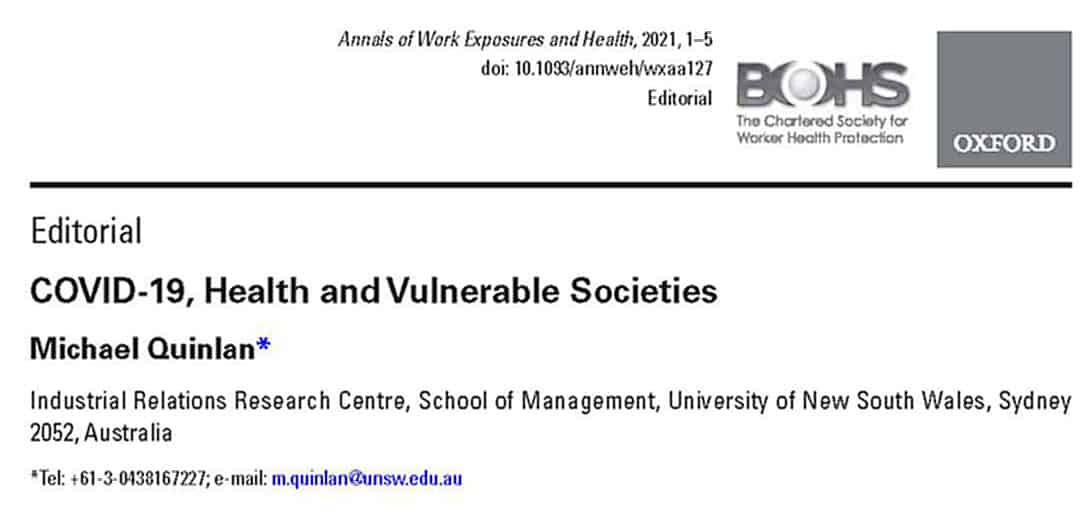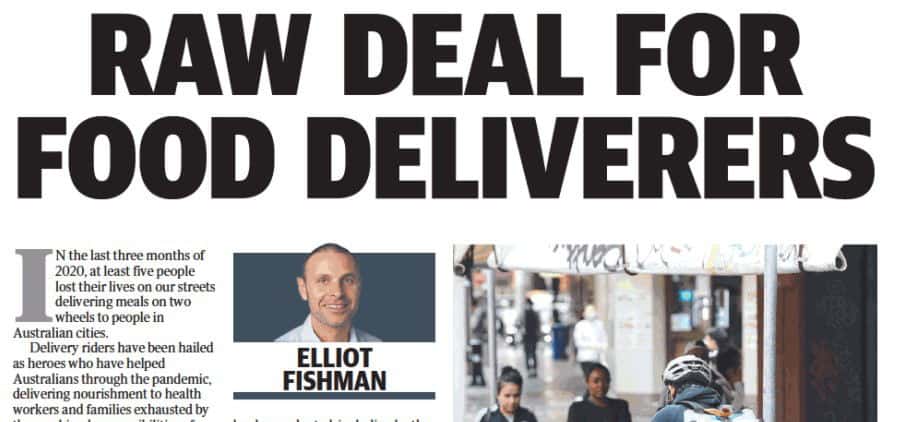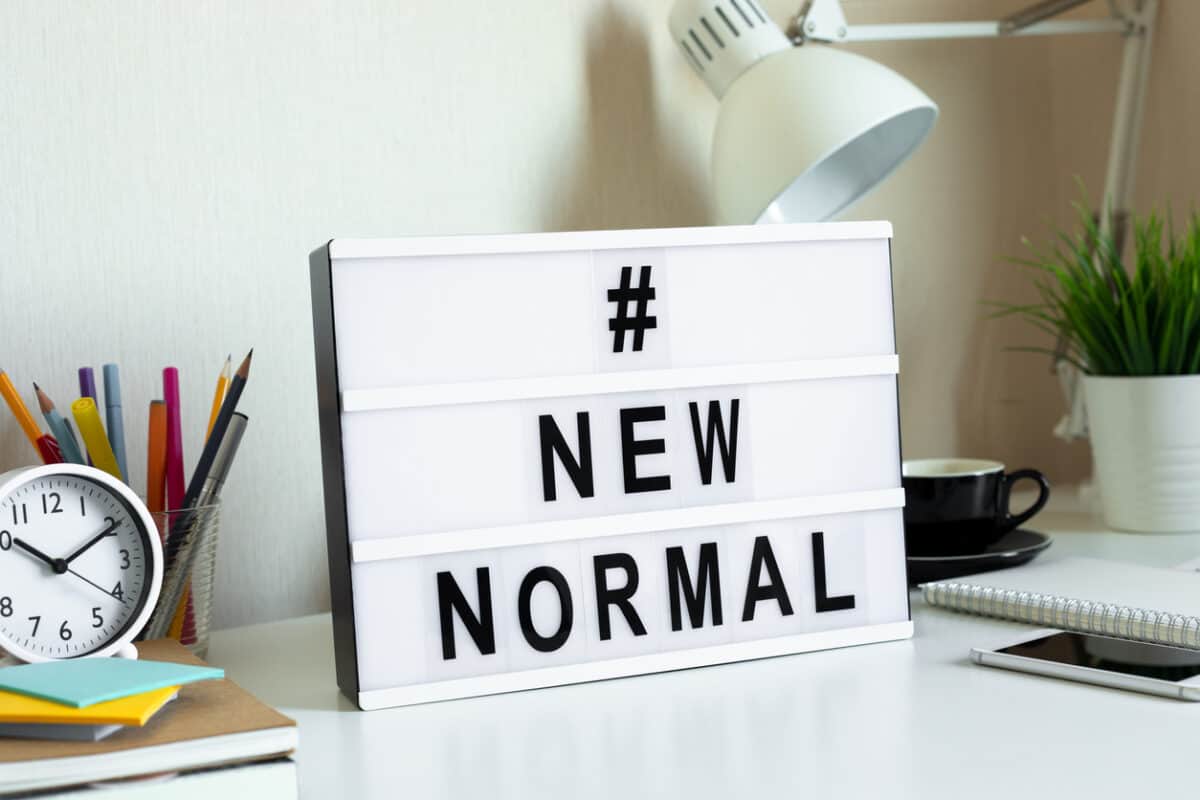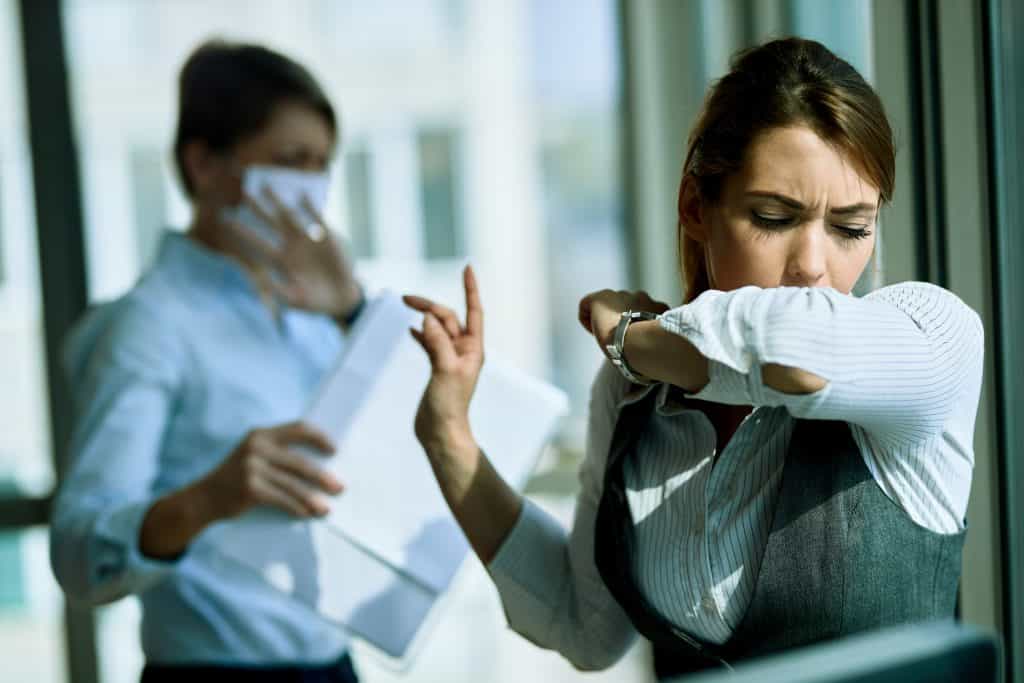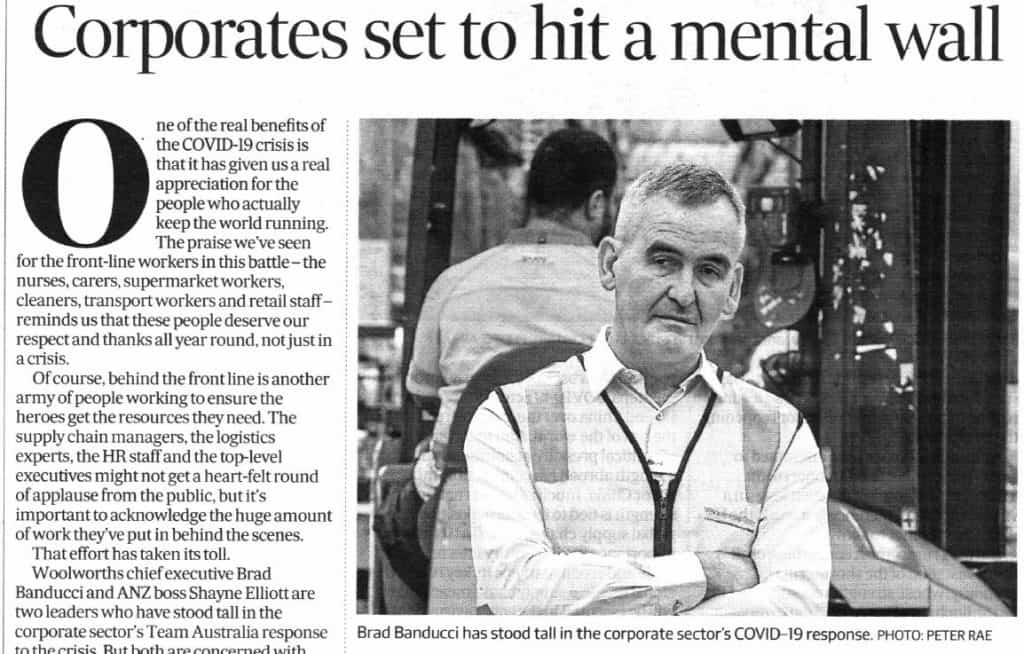Many large and small Australian businesses have been exposed as underpaying staff. This exploitation is gradually being addressed in law firms, according to a report this morning in the Australian Financial Review (paywalled). In the context of occupational health and safety (OHS) though, the description in the first paragraph of “crippling workloads” is an important mention of relevance.
Reporter Hannah Wootton and David Marin-Guzman do not focus on the OHS and mental health aspects of these workloads in this article as underpayment is the focus, but they touch on OHS matters later when mentioning the Hayne royal commission:
“The royal commission sparked reports, including to workplace safety regulators, of crippling work hours that put lawyers’ health at risk and resulted in many sleeping at work.”


